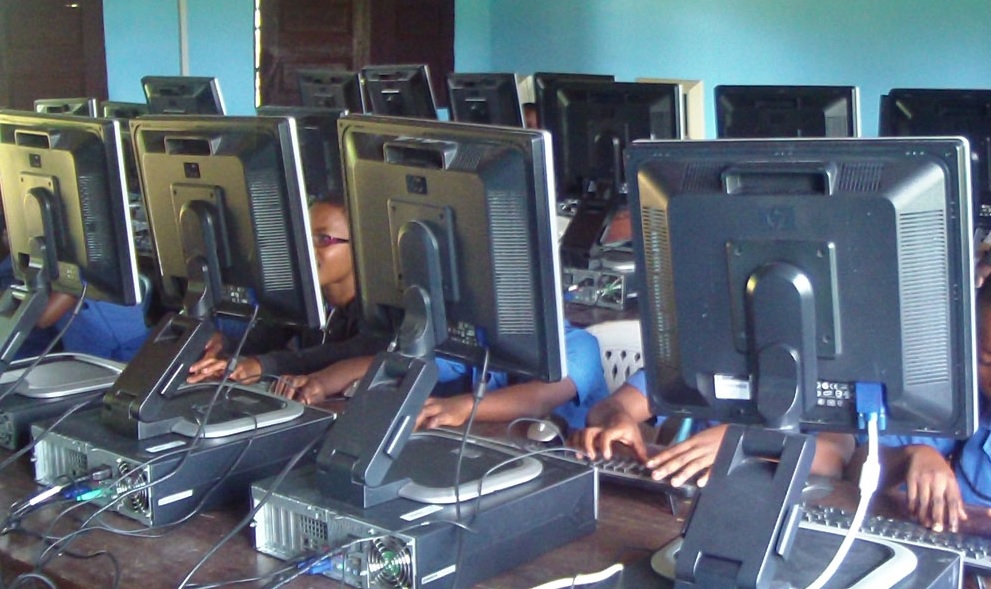Too much screen time damaging your eyes
By People.Reporter, October 18, 2022Patience Ahumuza is a digital communication specialist, to imply she is virtually hankered in her seat, glaring at a gadget screen for extended periods. “My work is mainly online and when Covid-19 hit, I constantly used my laptop. So I have to wear blue block spectacles every time, to avoid getting headaches and fatigue,” narrates Ahumuza.
The ubiquitous devices that we love so much emit a light experts call blue light, which our eyes are not able to effectively filter allowing a good amount to pass to the retina, the eye tissue responsible for sensing light and transmitting it to the brain so you can see. “We do not have a severe impact on the exposure of blue light, what happens is you will always experience severe discomforts, such as headaches, device fatigue, and teary eyes,” said Diana Lang’at, an optometrist at Lapaire Kenya.
“Recently we are seeing a lot of people presenting with hypersensitivity and dry eyes syndrome, the two are not exclusively as a result of spending more time on the device, but proximity to devices has been identified as a common cause,” she continues.
Underlying ocular conditions
The specialist says dry eyes are occasioned by a lack of blinking as a result of spending too much time on digital devices. On the other hand, hypersensitivity is overexposure to light sending the eyes to an overkill filtering light. “Eye drops are prescribed to manage dry eyes depending on the cause. For those who have a dry eye due to over-exposure to digital devices, we ask them to observe the 20-20-20 rule, which means, for every 20 minutes take 20 seconds off the screen and look 20 feet away and ensure that you blink as you should to allow the eye glands to produce tears,” she explains.
For hypersensitivity, an individual is advised to get antiglare spectacles, which bring down the amount of blue light travelling to their eyes. For individuals who continue to experience unabating discomfort even after seeking interventions, Lang’at opines there might be underlying ocular conditions not addressed, such as allergies, bacteria and viral infections, among others.
A 2021 study published in the Lancet Digital Journal found that over-exposure to digital devices for children bears a risk for the development of myopia (short-sightedness). “In the next decade or so, young people who are obsessed with phones may suffer from macular degeneration,” says Albert Masua, a cataract surgeon.
“For you to read and make out details, your macular should be in good health, but exposure to the blue light hastens the degeneration of this part of the eye causing loss of vision,” he adds.
Lack of adequate information about eye health keeps people from getting a medical intervention to alleviate eye afflictions. “Presbyopia, which affects people above 40 years is a natural occurrence where people want to read written materials very far from their eyes. We have glasses for this condition, but people do not know. They assume it’s normal,” said Lang’at.
More Articles

